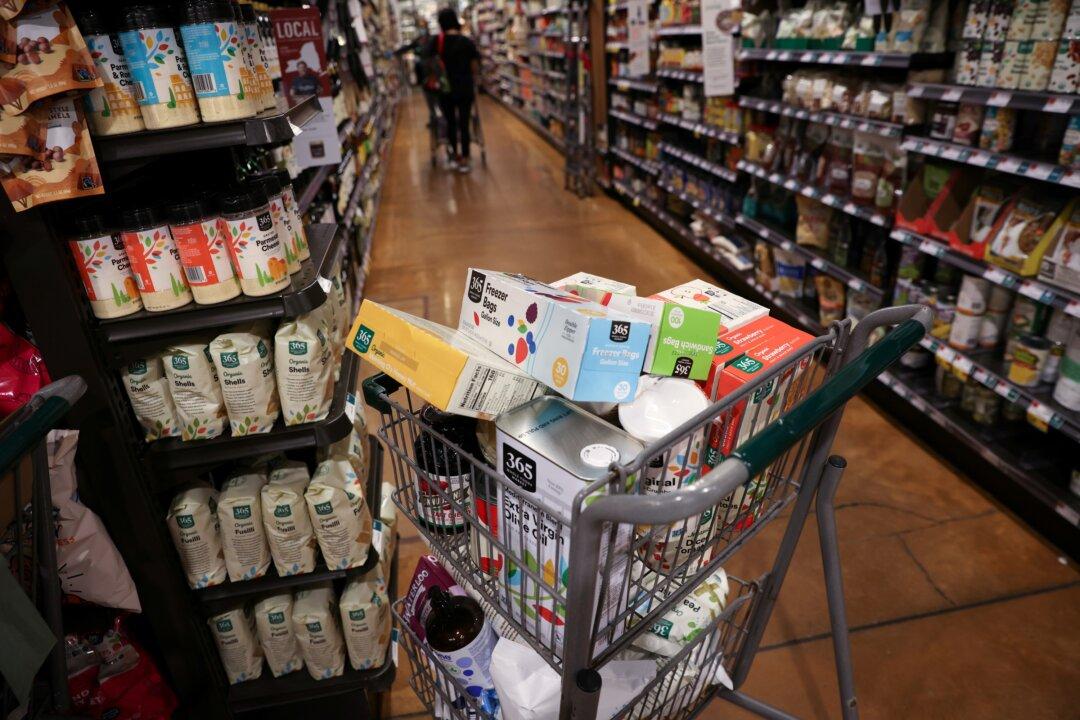An East Coast grocery chain confirmed that it is attempting to keep its stores open in the midst of rampant retail theft and crime across the United States.
Giant Food, which operates more than 160 locations in several states, is now restricting location entrance points, boosting store security, having fewer high-dollar items on its shelves, and limiting the number of self-checkout items, the company’s chief executive told the Washington Post this week. Those new measures may cause problems for ordinary customers, but Giant Food President Ira Kress said that they’re needed to keep locations open.





